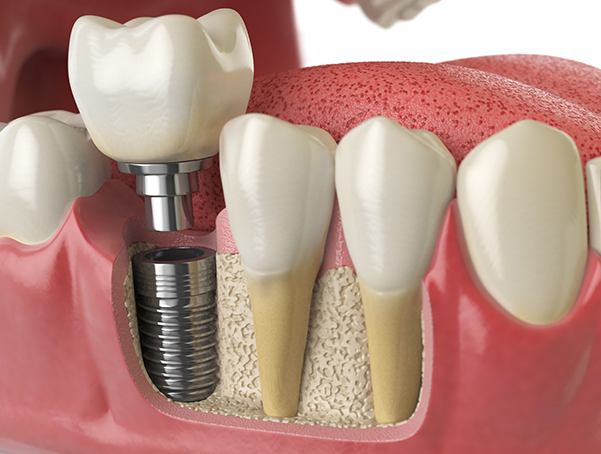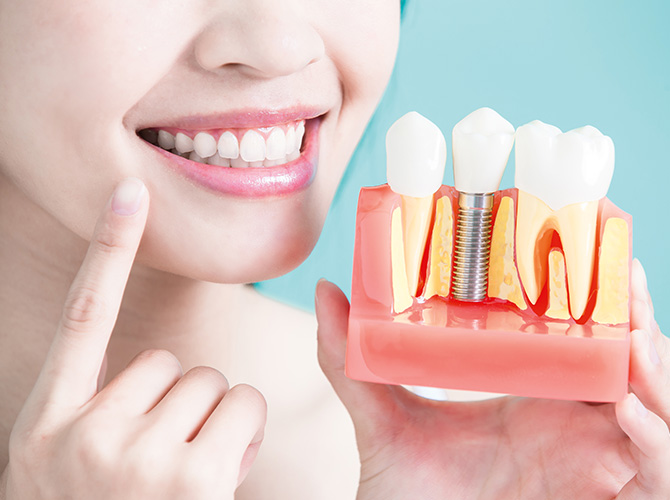Bring Your Teeth Grinding to a Halt
With 1 in 10 adults grinding their teeth, up to 3 in 10 kids, it is no wonder that dentists are looking to the cause of teeth grinding to help protect their patients’ mouth. Dentists attribute the increased rates of teeth-grinding (a.k.a. bruxism), in large part, to stress. What is most alarming is the level of kids who are grinding their teeth, typically at night, exerting up to 200 pounds of pressure per square inch.
Scientists aren’t sure why stress leads to bruxism, although the powerful muscles in the jaw are linked to the nervous system’s fight-or-flight response. While many kids outgrow the grinding habit, some don’t and are at increased risk for permanent damage to their teeth. Emma, 13 years old, is one such teen who suffers from bruxism, as she learned at her last dental appointment.
“Emma never complained of a sore jaw or headaches upon waking,” says Danielle, Emma’s mom. “I was thankful that our dentist let us know that Emma suffered from teeth grinding, likely at night, because we can now take steps to improve her sleep, which has likely been impacted by the regular stresses of a middle-schooler, and protect her teeth.”
Teeth Grinding – The Damage Behind the Bite
While some Toronto residents think bruxism is simply an annoyance, it actually has the power to be quite damaging. When you clench or grind your teeth for a prolonged period of time, that pressure takes its toll, not only on your teeth and mouth structure, but on the surrounding muscles – ligaments, tendons and joints of the jaw, skull, neck and shoulders.
The signs are usually there, but can go unnoticed as people chalk it up to general aches and pains. The Lawrence Park Dental team educates patients and families with potential grinding issues to look for:
- Waking up with tooth or jaw pain
- Experiencing unexplained toothaches or increased sensitivity
- Noticing cracks or chips
Identifying and sharing potential signs of teeth grinding early can help you take the steps you need to protect your teeth and jaw structure.
Your Lawrence Park Dental Team Can Help
While it is best to get to the root of, and address, the underlying causes of stress, that is often not as easy as it sounds. While you are looking for ways to reduce stress, which is arguably the best way to reduce bruxism, there are immediate steps to protect your teeth. In most cases a mouth guard can help alleviate the immediate pressure from grinding at night during sleep. In several cases (about 85% of them) dental bite discrepancies are the cause of grinding. In such cases a bite adjustment may help improvement and even stopping the process.
If you have concerns about tooth grinding for you or any member of your family, don’t hesitate to book a consult with our North York dentists today. Early detection is key for your tooth health.
If you have any other questions about family dental care at every stage, we invite you to talk with our North York dental team today. Your oral health matters to us and we strive to ensure our patients create healthy and lifelong habits. We invite you to visit us in office at Lawrence Park Dental, or call us at 416.488.7454 to speak with our team of experts at any time. We’d love to help you address your dental questions and concerns. It’s our job to keep you, and your baby smiling, and we love it!











